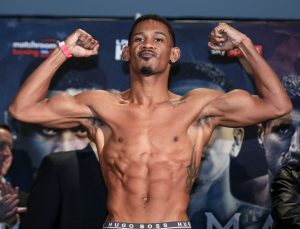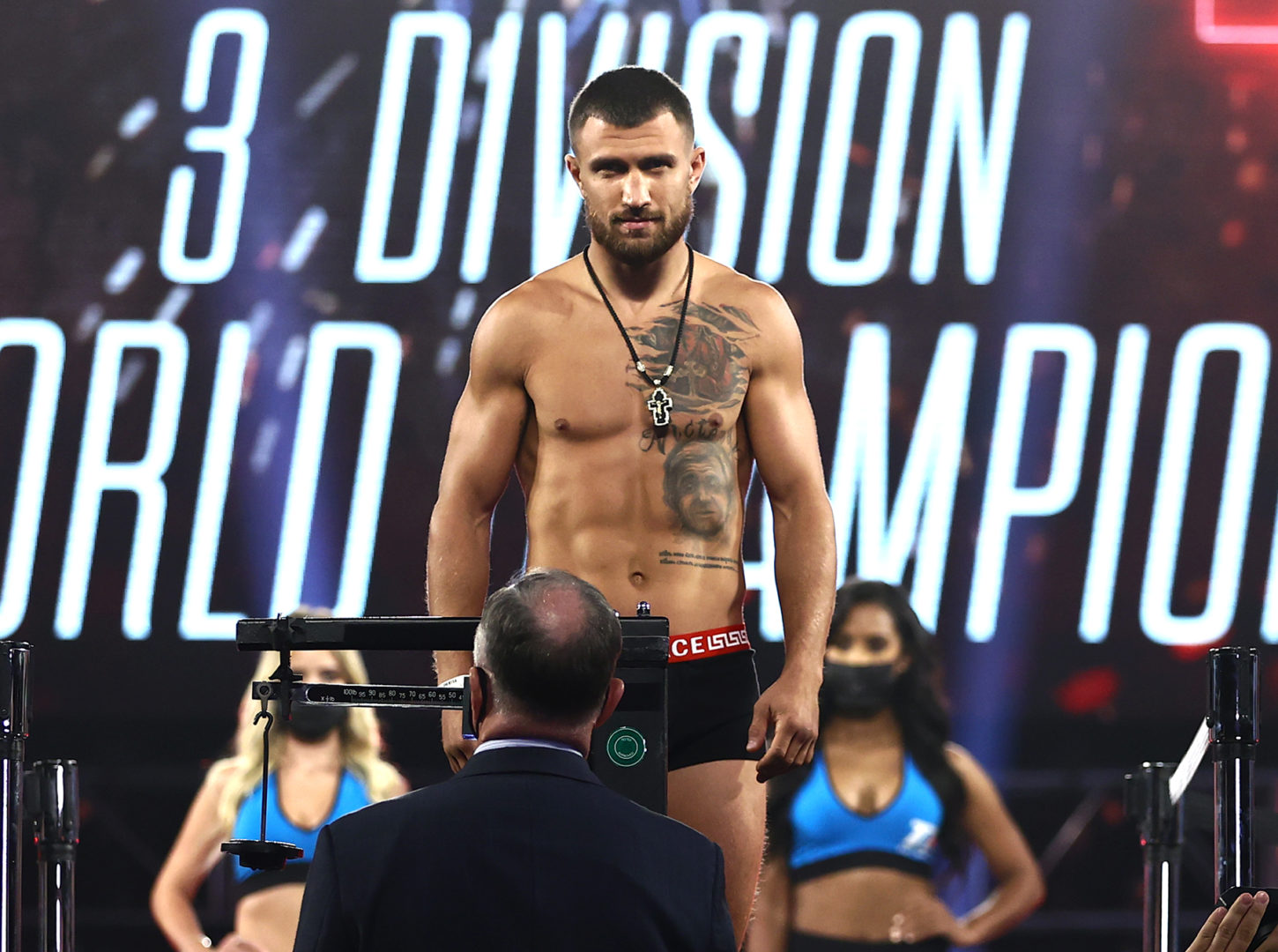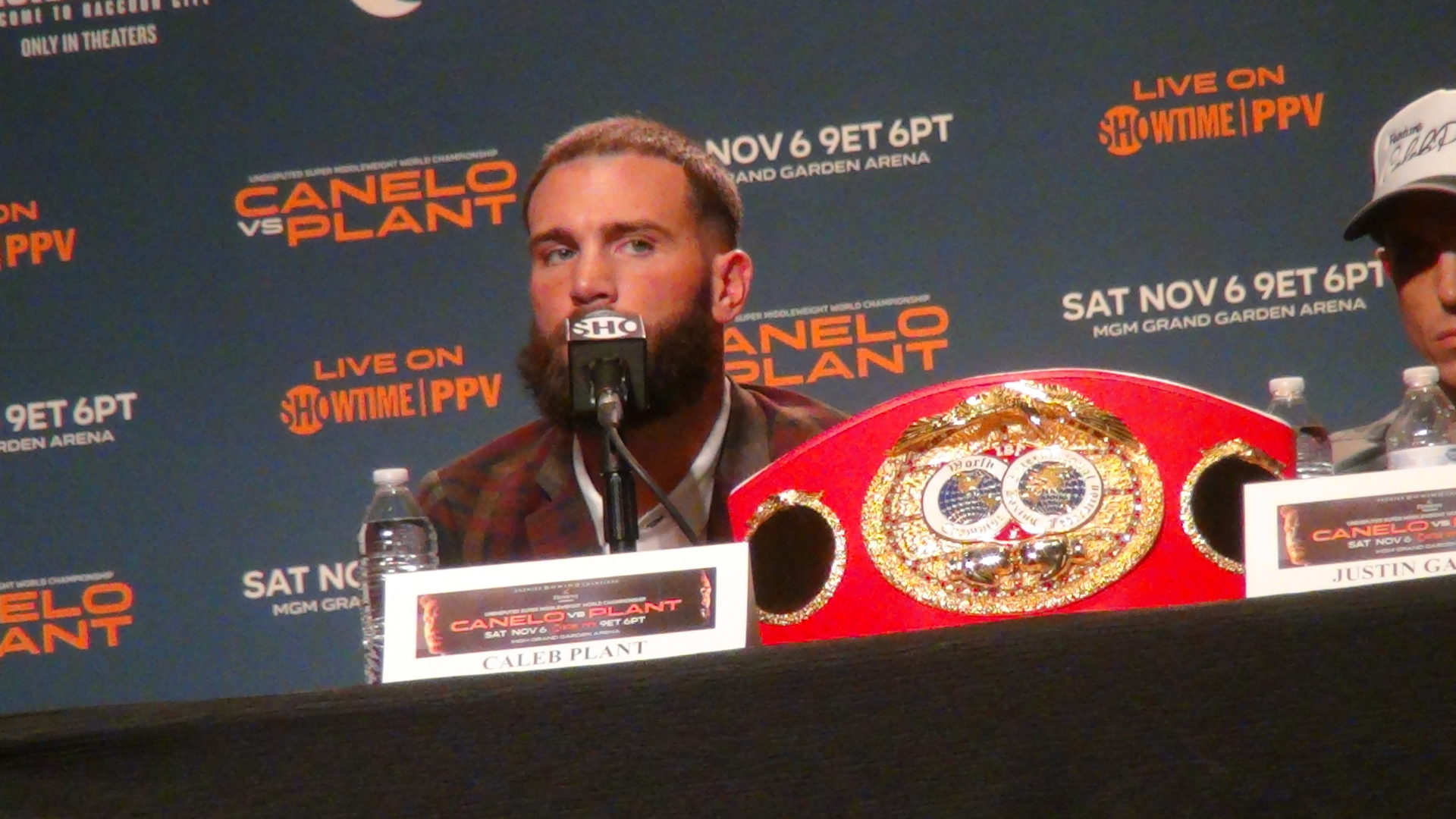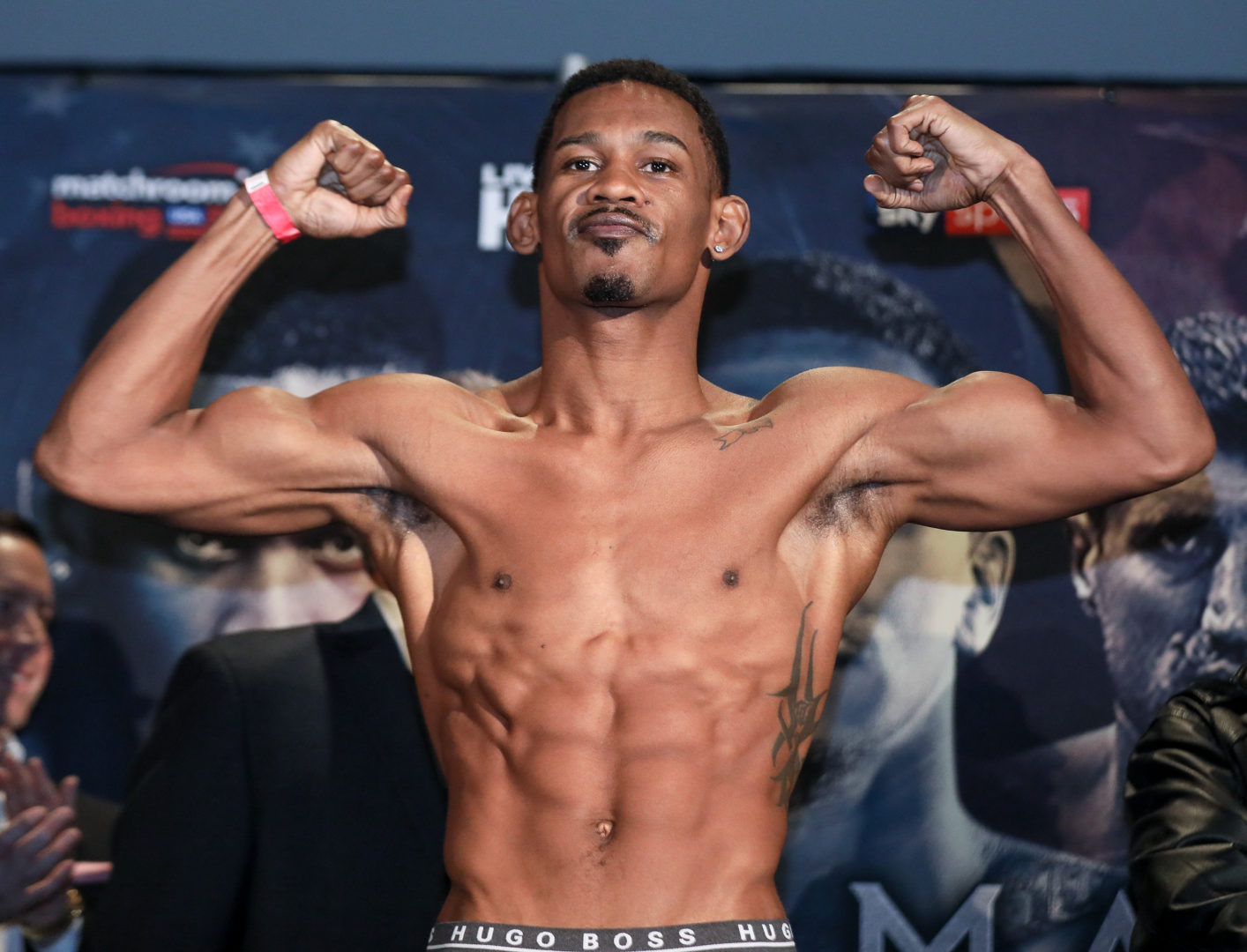By Bart Barry-

Saturday on an HBO telecast from Brooklyn middleweight mandatory challenger Danny “Miracle Man” Jacobs dropped and decisioned Polish junior middleweight Maciej “Certainly Top 10, Maybe Top 5” Sulecki. Before that American heavyweight contender Jarell “Big Baby” Miller didn’t drop but did decision French journeyman Johann Duhaupas. Watching the 24 rounds felt heavy, damp, soggy even, like the card wasn’t primarily intended to entertain but to portend entertaining happenings some other time.
Twas another mediocre broadcast for HBO, but writing that feels bullying, unseemly, beneath oneself – uninsightful because anyone who already doesn’t know it anyway feels it. This column has lacked charity for boxing’s former heart and soul for sometime now, and since its writer isn’t sure such ungraciousness be merited, he needs err to the bonhomous side of the truth on occasion. Let’s try and make this that occasion.
Closing arguments are set to happen today in the Department of Justice’s case against a merger between communications company AT&T and media company Time Warner, parent to HBO, parent to HBO Sports, parent to the World Championship After Dark family or whatever brandnames boxing currently hides under (c’mon now, keep it gracious). These last two years of merging and not merging have to have hamstrung HBO’s coverage of our sport and serve to emphasize the importance of corporate continuity howsoever much business selfhelp literature still fetishizes disruption. Some clarity from a federal government that, under any other executive leadership of the last halfcentury or so, would’ve rubberstamped such a merger – does it obviously harm consumers in the next three months? well, in that case, 30,000 layoffs down the road is just the market god’s way – must be welcomed by those who operate within budgetary constraints. The case against the merger looks arbitrary and spiteful, of course, but it may set an unintentional precedent of asking how a corporate merger benefits customers and employees, not solely shareholders, rather than applying an eroding threshold of how much it harms them.
None of that helps HBO Sports’ nearterm outlook. If the merger gets blocked, a return to business-as-usual sees HBO continue to reexamine its relationship with our beloved sport, writing of erosion, under a new set of assumptions about how essential boxing is (we know boxing is in a bit of a renaissance right now, but the old data in the old bulletpoints of the old slideshows upon which old executives of old media companies make their decisions, why, those are probably partying like it’s 2014). If the merger happens, which even in our current war-is-peace moment still appears probable, HBO must immediately set about the task of seducing its new master, and does anyone think Danny Jacobs or Maciej Sulecki or Jarell Miller or Johann Duhaupas (or Vanes Martirosyan) composes a compelling case for more money?
Nobody does, no. Even those who would pay these guys whatever they were paid see them as a way to bring Anthony Joshua to HBO, or barring that, as a promotional tool for the GolovCanelo rematch that won’t happen Saturday. It’s the only obvious reason you pay the Miracle Man to fight the last weekend in April against a fortunately unknuckled Polish junior middleweight like Sulecki: To ensure by contrast a captive audience for the fifth installment of GolovCanelo 24/7. Untethered from that nearly nothing about Saturday’s broadcast makes sense much less resonates.
Jarell Miller is not very good; there’s not imagination enough in the known universe to call a 300-pound man who doesn’t hurt people compelling. “Oh, but he’s really active and his chest protrudes more than his belly!” – not a recommended bulletpoint for HBO Sports’ first presentation to AT&T management.
Danny Jacobs is a b-level talent with an interesting story that is now threadbare. He’s a cool guy you cheer for when he’s an underdog, but if you have to squint to see nextlevel talent against a tailormade b-side like Sulecki there isn’t nextlevel talent. “He went rounds with GGG!” – a mark of excellence solely within the ranks (measurably reduced since September) of an alternate reality that insists Golovkin is a historic talent. Anyway, when a unanimous-decision loss to Gennady Golovkin is the second-best victory of a prizefighting career begun in 2007 its bearer is not the future of the middleweight division.
Perhaps, then, Vanes “Former U.S. Olympian” Martirosyan is.
No.
A controversial and surprising conclusion, that, I know, but one written by a man who wears with understandable pride this distinction: I attended Martirosyan’s pro debut 13 years ago. That evening at Fort McDowell Casino the man then known as “The Nightmare” had Freddie Roach in his corner but couldn’t stop a 4-3-1 Texas trialhorse named Jesse Orta, foretelling a mildly disappointing career mildly full of mild disappointments.
Saturday Martirosyan becomes the third non-middleweight of the last four men to challenge middleweight champion Gennady Golovkin who is so dominant no middleweight will face him. Surely then, you’re thinking, if the most feared puncher in the history of the middleweight division hasn’t been fighting too-frightened middleweights he must’ve spent the last two years decimating light heavyweights or at least super middleweights? Why, no, actually. Golovkin’s reign of terror at 160 pounds has been perpetrated on two light-middleweights, and get this, a welterweight – 154, 154, 147 – a streak broken by an aforementioned victory over Jacobs inconclusive enough to be part of Jacobs promotions ever since.
But as this column nominally sought a philanthropic spirit towards HBO Sports’ prospects, let us end with a clarifying question about future budgetary items: How do the purses of HBO’s mainevent b-sides, Sulecki and Martirosyan, compare with the stipends paid for those events to Jim Lampley, Max Kellerman, Roy Jones and Harold Lederman?
Bart Barry can be reached via Twitter @bartbarry























